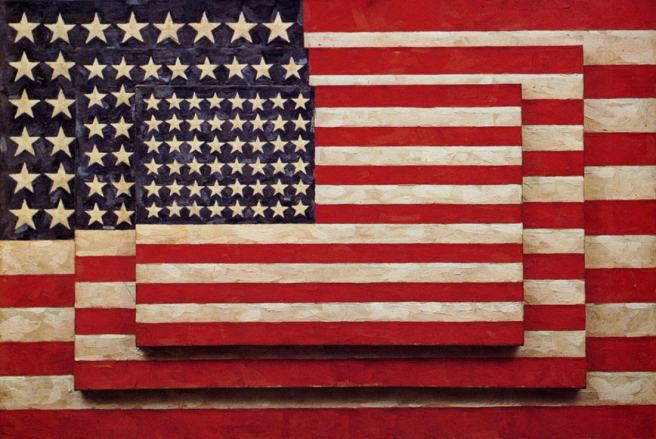
In his most recent story for CNN, “How the Obama era gave us dangerous patriotism,” he immerses himself in a particularly contentious subject: how the changing racial demographics of the country are affecting our ideas of loyalty — from “love it or leave it” to Colin Kaepernick’s refusal to stand for the National Anthem.
He writes:
The definition of what it means to love America will expand. The browning of America won’t just change how the country looks in the future; it will change how Americans express patriotism, because racial minorities bring different histories to this notion of America as the “land of the free.”I know I do. I’ve long felt ambivalent when people tell me I should love America. I wonder what America are they talking about. Should I just be happy, as one white man once told me, that my ancestors were rescued from the jungles of Africa and brought to the greatest country in the world?
I find it hard, as another white man, to read that last sentence without flinching.
But despite his own conflicted history, Blake comes not to protest America, but to explain why this most polyglot of nations should welcome dissent. He quotes Barack Obama’s speech in Selma, Alabama, last year: “What greater form of patriotism is there than the belief that America is not yet finished, that we are strong enough to be self-critical?” the president asked.
Personally, some of this dissent has made me uncomfortable.
On the one hand, I believe that if it’s one thing America stands for, it’s free speech — whether that speech is applauded or deplored. On the other, though I’ve always disliked reciting the Pledge of Allegiance as an exercise in phoniness — it may as well be spoken phonetically (and, for younger children, probably is) and the “under God” portion was added in the ’50s as a sop to religious organizations and industrialists — standing for the National Anthem seems merely a sign of respect … even if it sometimes feels rote. (I go through the same conflict in synagogue. Am I rising to praise or respect God, the likely intent? Or because the rabbi directed the congregation to get up?)
Anyway, John’s article made me think about what America means — how it’s a wide range of belief that gives the country meaning, and how it’s our even wider range of backgrounds that will make that meaning more powerful as we keep engaging in the American Experiment. Take a look. It’s my Sunday read.

Excellent essay, Todd. Thanks for steering me to Blake’s story.
LikeLike